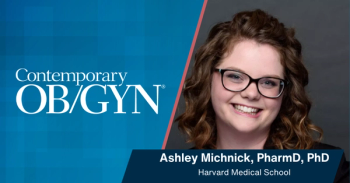
Prenatal pesticide agent exposure causes childhood cough
Children exposed in the womb to the commonly used pesticide bolstering agent piperonyl butoxide (PBO) are more likely to suffer from a noninfectious cough at ages 5 to 6 years than those with no such prenatal exposure, according to researchers from the Columbia Center for Children’s Environmental Health (CCCEH) at the Mailman School of Public Health and of Columbia University Medical Center.
Children exposed in the womb to the commonly used pesticide bolstering agent piperonyl butoxide (PBO) are more likely to suffer from a noninfectious cough at ages 5 to 6 years than those with no such prenatal exposure, according to researchers from the Columbia Center for Children’s Environmental Health (CCCEH) at the Mailman School of Public Health and of Columbia University Medical Center.
Their study involved 224 mothers and their children enrolled in the CCCEH birth cohort study of environmental exposures. The researchers measured levels of PBO and pyrethroid-the most commonly used pesticide in urban homes to counter cockroaches and mouse allergens-by having the women wear personal air monitors during a portion of the third trimester. The investigators also collected air samples from the homes over a 2-week period when the children were aged 5 to 6 years.
Overall, 14% of the children had a cough unrelated to illness at ages 5 to 6 years. Prenatal exposure to PBO increased the odds of childhood cough, but not wheeze or asthma, by about 27%, whereas prenatal exposure to permethrins did not. Similarly, exposure at ages 5 to 6 years to cis- and trans-permethrins was unassociated with cough, wheeze, or asthma during the same time period.
Published in the journal
The reason for the association between prenatal exposure to PBO and childhood cough, but not wheeze or asthma, is unclear. Nevertheless, cough, the researchers point out, is an important childhood symptom because it disrupts both daytime activities such as learning, and nighttime sleep patterns for both parents and children.
Read other articles in this issue of
Newsletter
Get the latest clinical updates, case studies, and expert commentary in obstetric and gynecologic care. Sign up now to stay informed.









